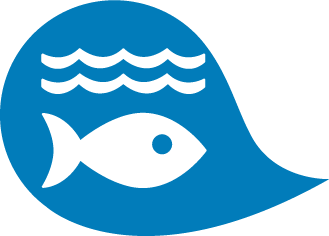SDG 14. Life Below Water
Conserve and sustainably use the oceans, seas, and marine resources for sustainable development.
Target 14.4: By 2020, effectively regulate harvesting and end overfishing, illegal, unreported and unregulated fishing and destructive fishing practices and implement science-based management plans, in order to restore fish stocks in the shortest time feasible, at least to levels that can produce maximum sustainable yield as determined by their biological characteristics.
Relevant mandate:
Capacity Building and Awareness: Parliamentarians engage in capacity building efforts to enhance the understanding of the executive branch on sustainable development issues. Parliaments arrange workshops, training sessions, and seminars aimed at equipping individuals in independent and executive agencies of government with the knowledge and skills required to safeguard life in salty and non-salty bodies of water.
Example: In the National Assembly of Mauritius, for example, several engineers and pollution experts have been elected as parliamentarians, hence they are able to educate other government officials about the risks of petroleum-based products. The disposal of plastics has been heavily regulated by the Assembly and any illegal disposal of petroleum based products has been coded into a Criminal Law in order to dissuade people from polluting.

